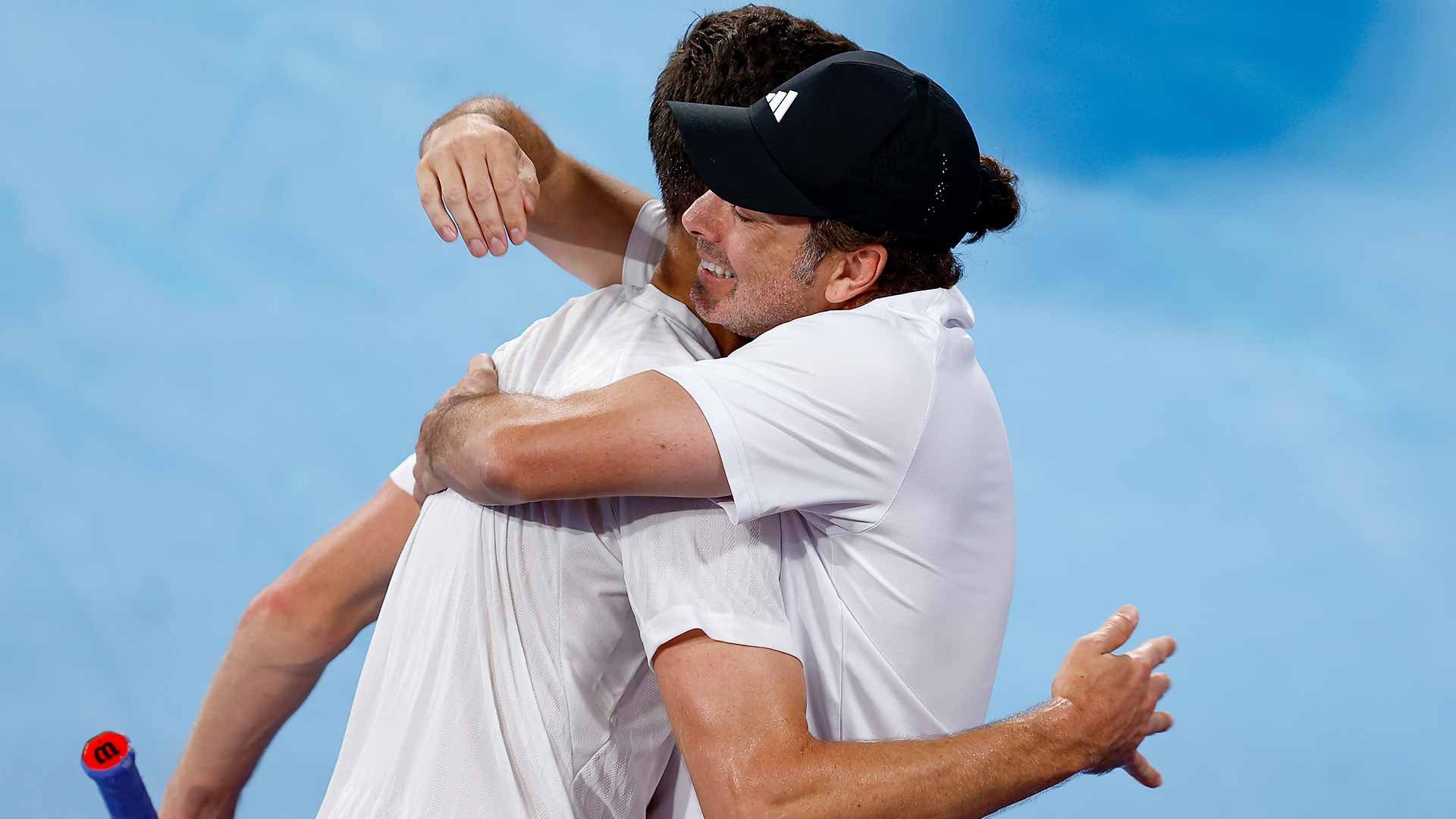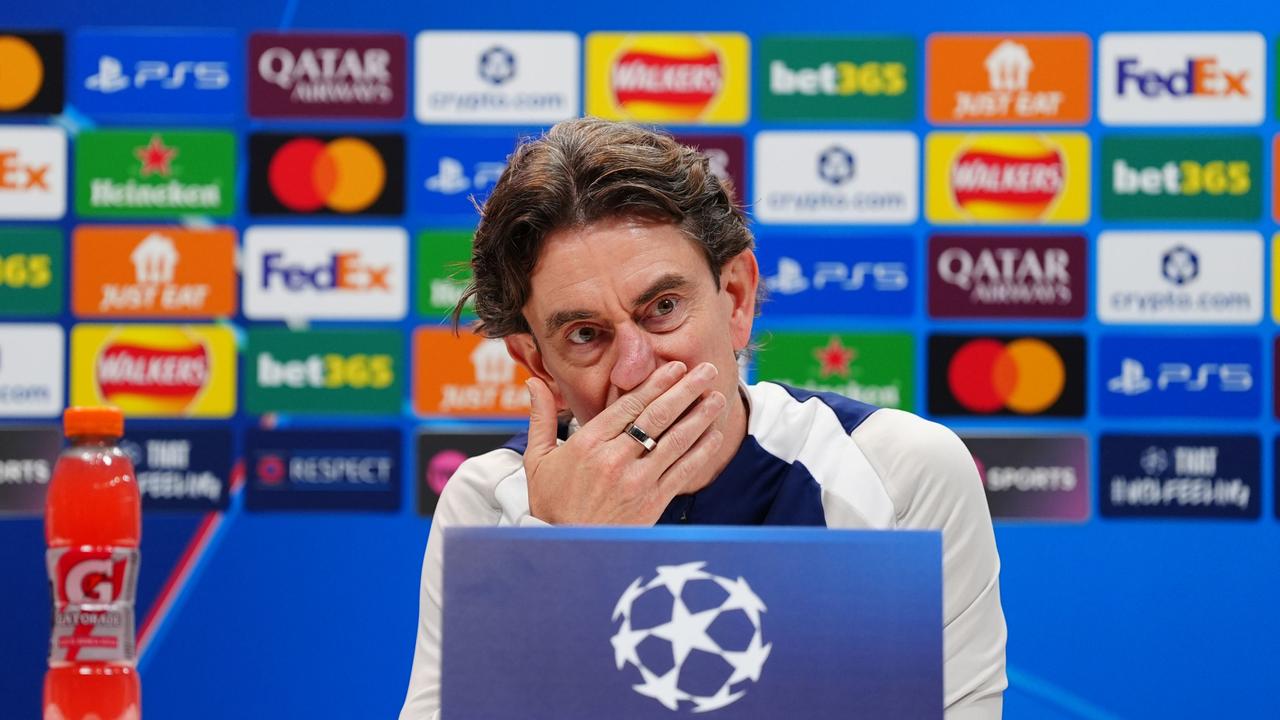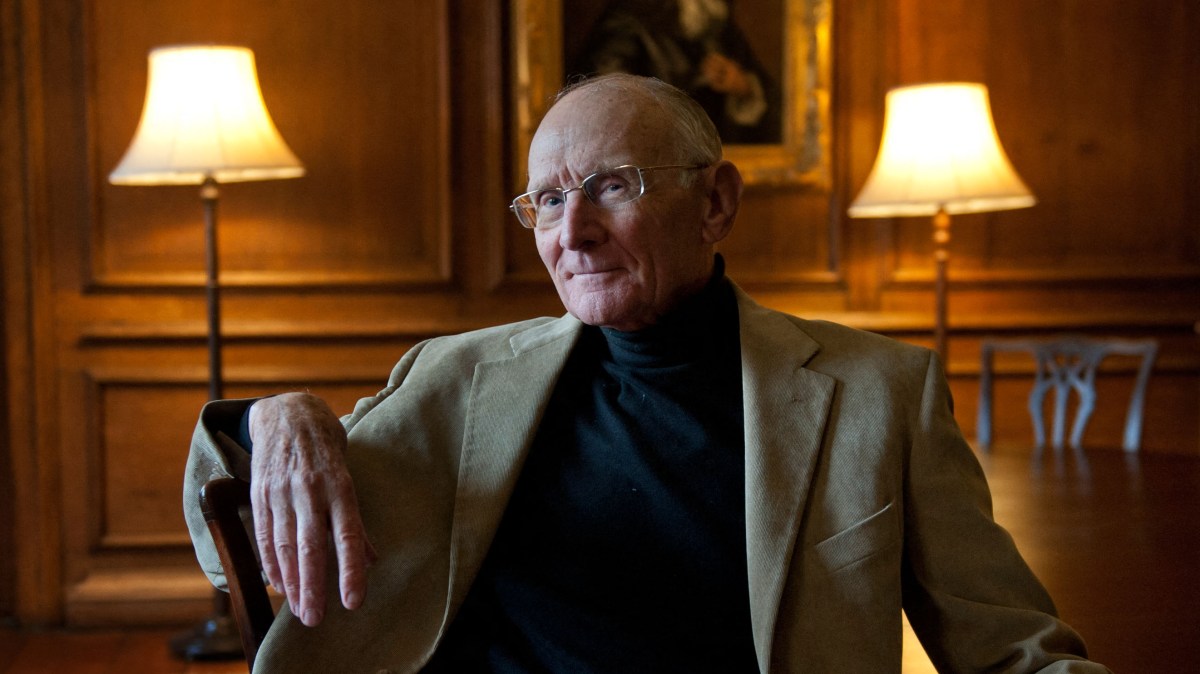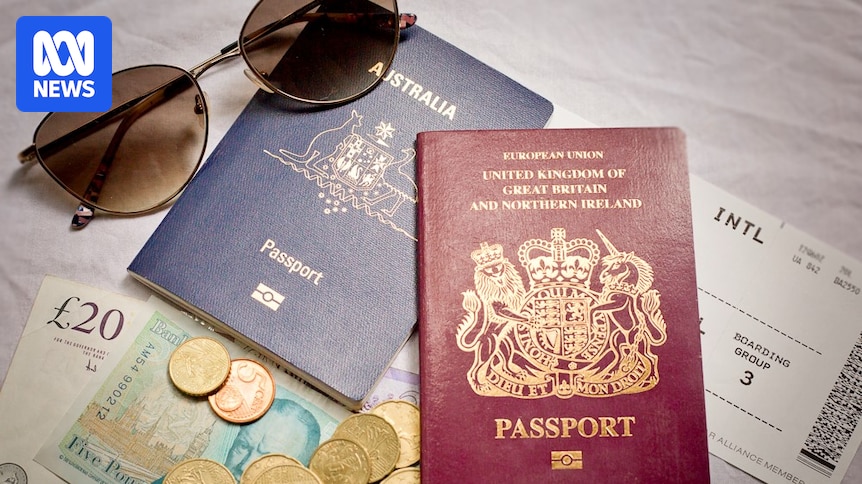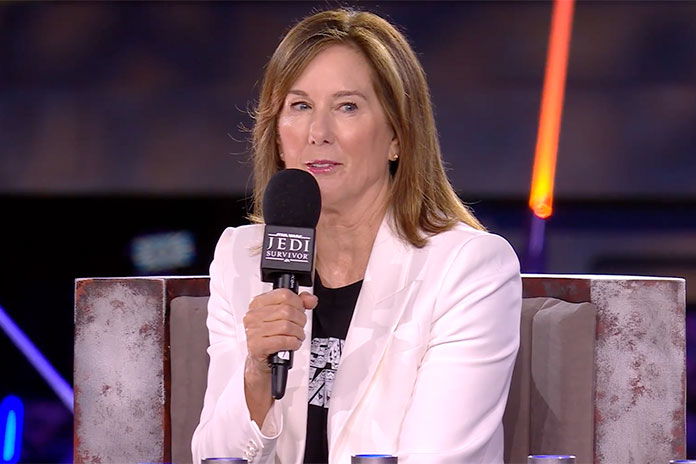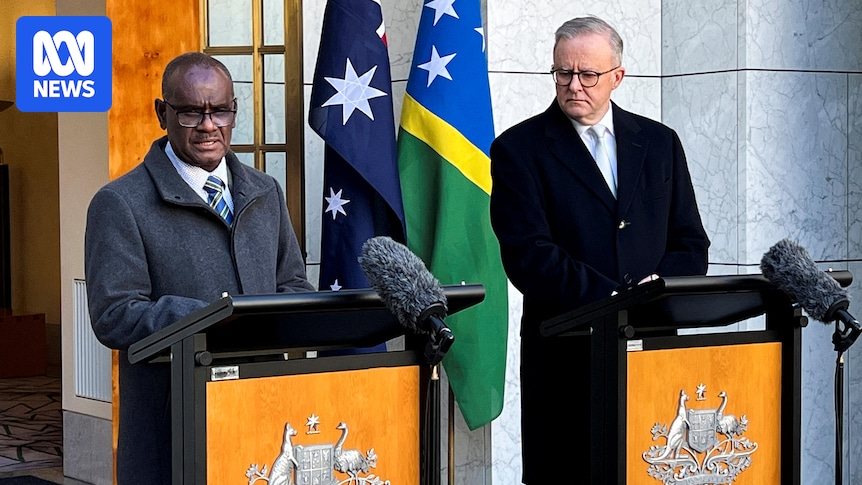
The Solomon Islands is contemplating a significant diplomatic maneuver that could reshape the upcoming Pacific Islands Forum (PIF) by potentially excluding major powers such as China and the United States. This decision emerges amid heightened tensions over Taiwan’s participation in the regional gathering scheduled for next month in Honiara.
Prime Minister Jeremiah Manele faces mounting pressure regarding Taiwan’s attendance at the PIF leaders meeting. Historically, Taiwan has participated as a “development partner,” leveraging the platform to engage with Pacific allies that recognize it diplomatically. However, Beijing’s persistent efforts to diplomatically isolate Taiwan have intensified, urging the Solomon Islands to break with tradition and exclude Taiwan, a move that has stirred discontent among Taiwan’s remaining allies and raised concerns in Canberra and Wellington.
Diplomatic Tensions and Historical Context
China’s reaction to Taiwan’s involvement in past PIF meetings has been notably adverse. Last year, during the PIF leaders meeting in Tonga, Pacific leaders reaffirmed Taiwan’s status, prompting a furious response from Beijing. Earlier this year, the Solomon Islands denied visas to Taiwanese officials, signaling a shift in its diplomatic stance.
Now, sources suggest that Prime Minister Manele is likely to propose deferring the annual dialogue with PIF partners until a comprehensive review of regional diplomatic architecture is completed. This review, which includes a proposal for a new “tiered” system for PIF dialogue partners, has faced delays, complicating the situation further.
Implications for Regional Diplomacy
By deferring the dialogue, the Solomon Islands would effectively block not only China and Taiwan but also other countries from Asia, Europe, and the Middle East from sending delegations to Honiara. While the proposal may appear procedural, an Australian government source indicated that it is “obvious” that the Solomon Islands is seeking a solution to the “Taiwan problem” acceptable to both Beijing and Taiwan’s Pacific allies.
Palau’s President Surangel Whipps Jr has already cautioned that excluding Taiwan could lead to a repeat of the “PIF split” that previously disrupted the forum. Meanwhile, Tuvalu’s Climate Change Minister Maina Talia criticized China’s influence, asserting that Pacific nations recognizing Taiwan have the right to engage with their key partner at the leaders’ meeting.
Expert Opinions and Future Prospects
Anna Powles, a scholar from Massey University, remarked that Prime Minister Manele’s compromise could “de-escalate a geopolitically charged situation” but also highlighted that geopolitics has increasingly influenced the Forum Leaders Meeting. She emphasized that if not for Beijing’s pressure, the Solomon Islands might adhere to the 1992 Honiara Communique, which supports Taiwan’s engagement with its allies during the PIF leaders meeting.
“If Beijing was not placing pressure on Solomon Islands, Prime Minister Manele would presumably be able to uphold the 1992 Honiara Communique,” Dr. Powles stated.
While no final decision has been made, and the PIF Secretariat must endorse the proposal, some analysts believe that Manele’s compromise might be the only viable solution if the Solomon Islands is determined to prevent Taiwan’s participation.
Regional and Global Reactions
Both Australia and New Zealand have been advocating for Taiwan’s inclusion in the September gathering, although neither has publicly criticized Honiara’s reluctance to allow Taipei’s participation. A spokesperson for the Australian Department of Foreign Affairs and Trade emphasized the importance of the forum’s engagement with international partners in strengthening the Pacific’s global voice.
China’s diplomatic influence in the Solomon Islands has grown since the country switched its diplomatic recognition from Taiwan to China in 2019. Prime Minister Manele and his predecessor have been vocal supporters of Beijing’s One China principle, with Manele visiting Beijing last year to further solidify ties.
Domestically, Manele has faced limited political criticism, although prominent MP Peter Kenilorea Jr has accused the government of allowing China to undermine the country’s sovereignty.
As the PIF leaders prepare to deliberate on the “Ocean of Peace” framework proposed by Fiji’s Prime Minister Sitiveni Rabuka, Dr. Powles suggested considering a code of conduct to prevent future geopolitical tensions from undermining regional architecture.
“It may be timely to consider a code of conduct to prevent future undermining of the regional architecture,” Dr. Powles said.
The ABC has reached out to both Prime Minister Manele’s office and the Pacific Islands Forum Secretariat for further comments. As the situation unfolds, the diplomatic landscape of the Pacific region remains in a delicate balance, with potential implications for international relations and regional stability.
